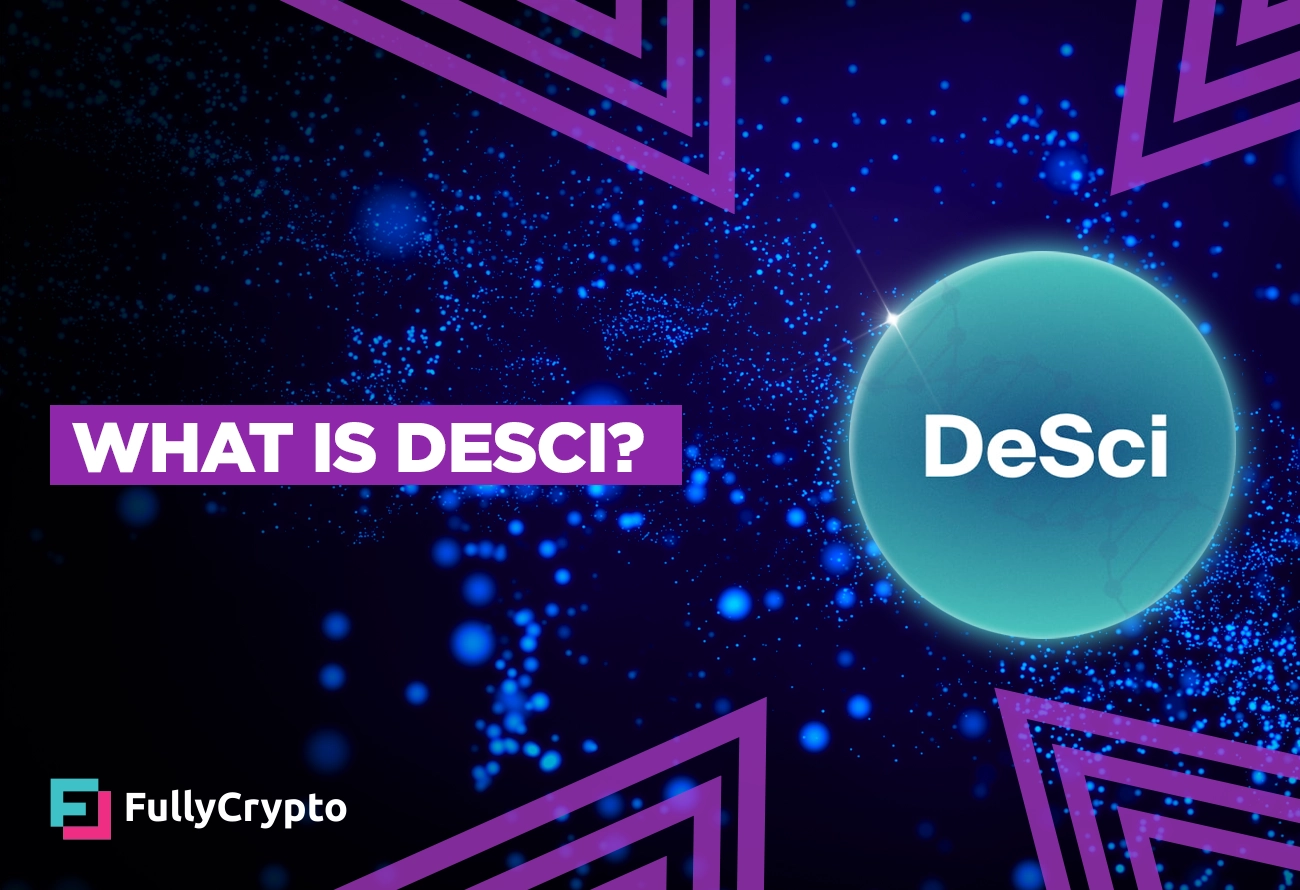![]()
By Mark Hunter
5 days agoFri Nov 29 2024 09:24:43

Reading Time: 2 minutes
- Decentralized Science (DeSci) has disrupted traditional science by leveraging blockchain and decentralized technologies
- DeSci has empowered researchers with open access to data and funding models
- It has also enabled global collaboration and transparency in scientific processes
Decentralized Science (DeSci) has introduced a paradigm shift in how scientific research is conducted and shared, utilizing blockchain and other decentralized technologies. By enabling open access to research data and alternative funding mechanisms, DeSci has reduced barriers for researchers worldwide, fostering global collaboration and transparency. In this piece, we discuss exactly how blockchain can benefit the scientific industry and community.
What Is Decentralized Science?
Decentralized Science, or DeSci, refers to the application of decentralized technologies , such as blockchain, to reimagine how scientific research is funded, conducted, and shared. Traditional science often relies on centralized institutions, such as universities, journals, or government grants, which can restrict access and create barriers for independent or underfunded researchers. DeSci, by contrast, opens the door to more democratic and collaborative research processes.
Those working at the intersection have already talked up the fact that DeSci challenges the status quo by introducing peer-to-peer funding and transparent data sharing, an approach that allows researchers to share findings openly, ensuring knowledge is accessible to a global audience rather than locked behind paywalls or within institutions.
How is it DeSci Transforming Science?
DeSci is transforming science in a number of ways, which we will outline here:
Funding Science with Blockchain
DeSci uses mechanisms like decentralized autonomous organizations (DAOs) to fund projects. Researchers can pitch their ideas to global communities who vote on which projects to support. These models bypass traditional grant systems, making funding more accessible and inclusive. For example, the VitaDAO community has funded cutting-edge research into longevity without relying on traditional funding bodies.
Open and Transparent Data
Data ownership and accessibility are central to DeSci. Blockchain ensures that research data is immutable and traceable, reducing the risk of tampering or fraud. Open data platforms, powered by blockchain, allow anyone to validate findings, increasing trust in scientific outputs.
Global Collaboration
By decentralizing data and funding, DeSci breaks down geographical and institutional barriers. Researchers from diverse backgrounds can collaborate on common goals without being constrained by national or institutional interests. Scientists have long called for science to be borderless, which can be achieved through DeSci.
The Future of Science?
DeSci holds the potential to democratize knowledge, accelerate innovation, and increase trust in scientific findings. As it matures, DeSci may redefine the way humanity addresses global challenges, from climate change to health crises.
The future of science might just be decentralized, open, and universally accessible, and we could be witnessing its birth right now.




